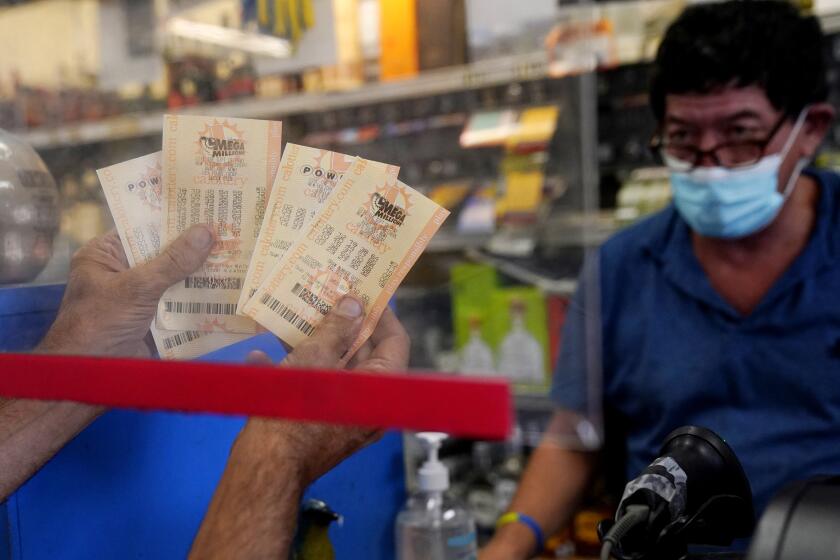Doctor Testifies in Disneyland Stabbing Death
- Share via
The knife wound suffered by Mel C. Yorba at Disneyland in 1981 pierced his heart, diaphragm and liver, leaving him virtually no chance of survival, a doctor testified Wednesday.
The only possibility was to “plug” the wound to the heart immediately, and that could only be done at a hospital, according to Dr. Robert Barros, an emergency room physician who treated Yorba at Palm Harbor Hospital on March 7, 1981.
Barros testified as lawyers for Disneyland opened their defense of a $60-million wrongful-death lawsuit filed by Yorba’s mother. Ellen Reynolds claimed that the park failed to protect Yorba or provide adequate emergency medical care after he was stabbed.
The testimony Wednesday conflicted sharply with that presented earlier by John Luetto, Reynolds’ lawyer. The disagreement arose among both witnesses who rendered care to Yorba before he bled to death and medical experts who studied the records of the case.
A park nurse was right when she ordered Yorba taken from Tomorrowland to the nearest hospital, Barros testified. When Yorba arrived 20 minutes after the stabbing, however, he had no chance.
“I think only God could have saved him,” Barros testified.
Barros testified that Yorba was in the emergency room at Palm Harbor, a hospital that has since moved and been renamed the Medical Center of Garden Grove, at 10:20 p.m. Both sides generally agreed that the stabbing occurred about 10 p.m.
But a park visitor who helped Yorba testified that 20 to 25 minutes elapsed before the victim was placed in a van for the trip to Palm Harbor. Barros said records of emergency room monitors that were placed on Yorba and were automatically timed showed he had arrived by 10:20 p.m.
While earlier witnesses sharply criticized the decision to send Yorba immediately to a hospital emergency room, rather than calling paramedics trained to handle life-threatening trauma cases, Barros disagreed.
“The best thing would have been to transport this patient as fast as possible to a hospital,” Barros testified. “That was his only chance.”
“There’s really nothing you could do in the field to improve the situation,” Barros said. “Not that it would have made any difference.”
A trauma surgeon called earlier by Luetto had classified Yorba’s chance of survival at 50%, had he been properly treated.
In another clash of experts, an Anaheim fire official testified that had paramedics been called, the trip to the park and a trauma center would have taken 16 or 17 minutes.
Battalion Chief Charles Kanenbley said the trip to Tomorrowland by paramedics would have taken about nine minutes. A plaintiff’s expert testified earlier that a paramedic station was only two minutes away from the amusement park.
Kanenbley testified that he checked fire department records for the date and time of the stabbing and determined that a paramedic unit would have been available.
James P. O’Driscoll of San Diego was convicted of second-degree murder in Yorba’s death and is serving a prison sentence of 16 years to life.
Yorba had no pulse, no heartbeat and was not breathing when he arrived at Palm Harbor hospital.
Dr. Kenneth Ransom testified Tuesday that half of the dozen patients he has treated with stab wounds to the heart similar to Yorba’s have survived.
Asked Wednesday if he thought Yorba was “beyond help” when he arrived in the emergency room, Barros said, “Yes he was. I felt that right away.”
More to Read
Sign up for Essential California
The most important California stories and recommendations in your inbox every morning.
You may occasionally receive promotional content from the Los Angeles Times.












